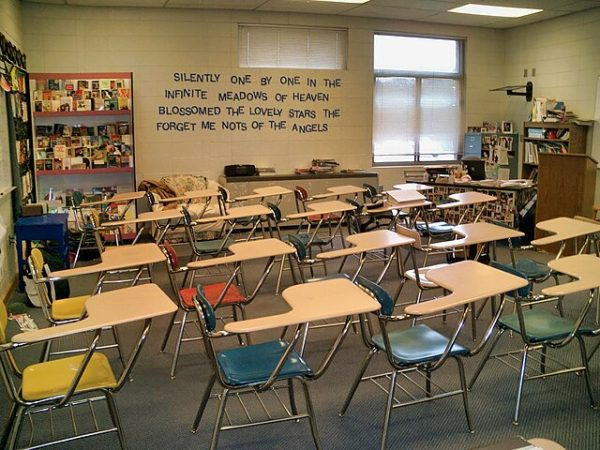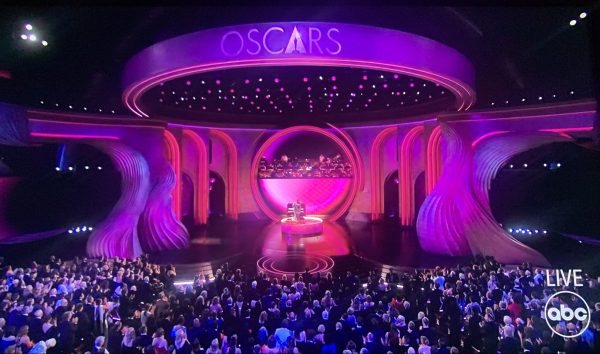In support of the Electoral College
Despite the tension of the 2016 election results with Clinton securing the popular vote and Trump winning the electoral college, there are reasons the electoral college ensures fairness for all voters.
In the recent weeks with the election of Donald J. Trump to the presidency, many have been quick to attack the process of which the United States uses to elect its president: the Electoral College. One can see why people are skeptical of this process with Hillary Clinton winning the popular vote, but failing to secure the 270 electoral votes needed to secure the White House. Many Clinton supporters believe that democracy has become blind to the will of the people. The one thing they forget, though, is how different of an election and system our country would have if the president was elected just by means of the popular vote.
I believe that the Electoral College is a brilliant system for electing a president for the country as a whole, and believe me, I’d be saying the same thing if Hillary Clinton had won. The fact that this system is still relevant and efficient in representing the country as a whole in presidential elections points to the genius of the Founding Fathers for creating it. The system allows for all constituencies within the country to be taken into account by any candidate who wishes to be competitive. This is evident in the strategy used by Mr. Trump, who ignored the popular vote and focused on getting as many electoral votes as possible. He didn’t expend money campaigning in definite blue states like California, where Ms. Clinton racked up 2.7 million more individual votes than the Republican. Rather, Mr.Trump spent his time in swing states where he would be making the most efficient use of his campaign funds, by garnering support in states like, Ohio, Florida, Pennsylvania, and North Carolina. This inevitably paid off as all of these states went red on election night, and sealed the victory for Mr. Trump.
An election system based purely on the popular vote is problematic . If this were the case, both candidates would have set up camp in populous states like California, Illinois, and New York and Mr. Trump would have spent months in only a few conservative states like Texas. This would mean that small, less populated states would be completely ignored. The most important political issues to southerners, new Englanders, and heartlanders would be completely ignored because of their lack of importance in a popular election. Only the residents of big states New York, California, and Texas and cities like New York, Houston, Los Angeles, and Chicago would be directly catered to by the candidates. The population of these four cities’ metro areas combined is roughly equivalent to the amount of votes Ms. Clinton received in the entire election (The difference between 56 and 63 million).
This only strengthens the argument that to win an election driven by the popular vote, a candidate only needs to cater to the constituencies of a few large cities rather than that of an entire country. Does that really sound like an election decided by the people? Does that really pave way for a president who holds the concerns of all Americans? It does not. A system like the Electoral College helps to ensure that the concerns of a farmer from Idaho and a stockbroker on Wall Street are all taken into account.













